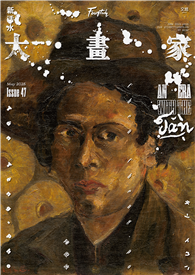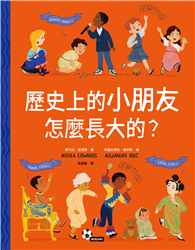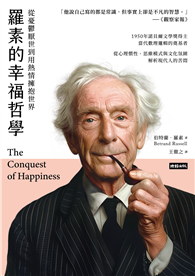This book provides an analysis of the human phenomenon of hesitation, the time elapsing between the stimulation of a person and that person’s response. The views of disciplines as diverse as physiology and philosophy are examined, with special emphasis placed on psychology and the social sciences. Leonard Doob seeks to determine when and why human beings are impulsive or reflective, and whether, from their standpoint and that of others, their own hesitation should be extremely brief, long, or protractive. The volume also cites and summarizes relevant studies and derives guidelines related to subjective and objective hesitation. Although partially treated in other books and articles, this work represents the first book-length study of hesitation.
The volume covers a full range of explanations for hesitation, starting with reflex actions (the central nervous system) and moving out to encompass an individual’s culture and society, his personality development, and the influence that others may have over him. The study is divided into three main parts. An introduction serves to clarify the starting point for analysis, addressing the explanation and morality of hesitation and the questions of judgment that affect it. The next part, (Section 2) analyzes hesitation in terms of culture and society, personality traits and interrelations, other persons, and situations. The final section is devoted to selection, discussing the value of three degrees of hesitation and the techniques that can be employed to modify impulsivity and reflection. The book concludes with a list of recommended readings and a comprehensive index. This important study will be a valuable resource for psychologists, psychiatrists, and social scientists, and for courses in psychology, sociology, and anthropology. It will also be a significant addition to both public and academic libraries.| FindBook |
|
有 1 項符合
hesitation: impulsivity and reflection的圖書 |
 |
$ 5700 | Hesitation: Impulsivity and Reflection
作者:Doob 出版社:Greenwood Press 出版日期:1990-08-27 語言:英文 規格:精裝 / 224頁 / 21.59 x 13.97 x 1.6 cm / 普通級/ 初版  看圖書介紹 看圖書介紹
|
|
|
圖書介紹 - 資料來源:博客來 評分:
圖書名稱:Hesitation: Impulsivity and Reflection
|









